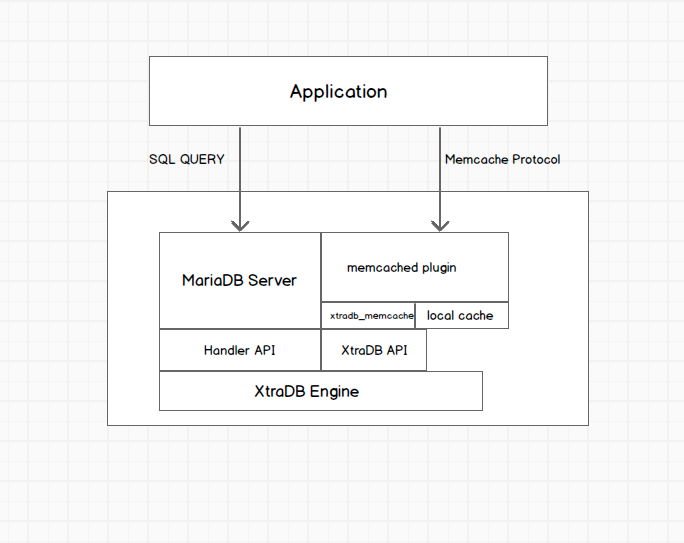maria-developers team mailing list archive
-
 maria-developers team
maria-developers team
-
Mailing list archive
-
Message #08338
Fwd: Port InnoDB memcached interface to MariaDB (GSOC 2015)
Hello,
I am Aalekh Nigam, 3rd Year Undergraduate student at JIIT Noida, India.
I would like to propose my participation for Port InnoDB Memcache Interface
to MariaDB
(https://mariadb.atlassian.net/browse/MDEV-4674) as GSOC 2015 Student.
Although I have been continuously involved with discussion regarding the
project with the assigned mentor (Colin Charles), but would also like to
propose my raw architecture for community participation , thus I would like
to *request* you all to please go through the given architecture and follow
up with your comments and remarks.Since the feature is critical to MariaDB,
thus I will work hard on your comments and remarks to make this project a
success.
Architecture: According to my understanding this is the working that should
be done for the project :
Following are the main advantages which will come after integrating
memcache to XtraDB (MariaDB Engine):
- This memcache interfacing with MaraDB would help in faster execution
of query in MaraDB Server.
- Data can be unstructured or structured, depending on the type of
application. You can make an all-new table for the data, or map the
NoSQL-style processing to one or more existing tables.
- Data that is requested through the memcached protocol is transparently
queried from an XtraDB table, without going through the MariaDB SQL layer.
- Because memcached consumes relatively little CPU, and its memory
footprint is easy to control, it can run comfortably alongside a MariaDB
instance on the same system.
- Because memcached consumes relatively little CPU, and its memory
footprint will be easy to control, it would run comfortably alongside a
MariaDB instance on the same system.
Detail Architecture:
- Will have multi column key value support.
- Will control memcache parameters through parameters like: read/write
batch size, commit interval.
- Direct access to XtraDb tables, bypassing the MariaDB SQL parser, the
optimizer, and even the Handler API layer
Thank You
*Aalekh*
